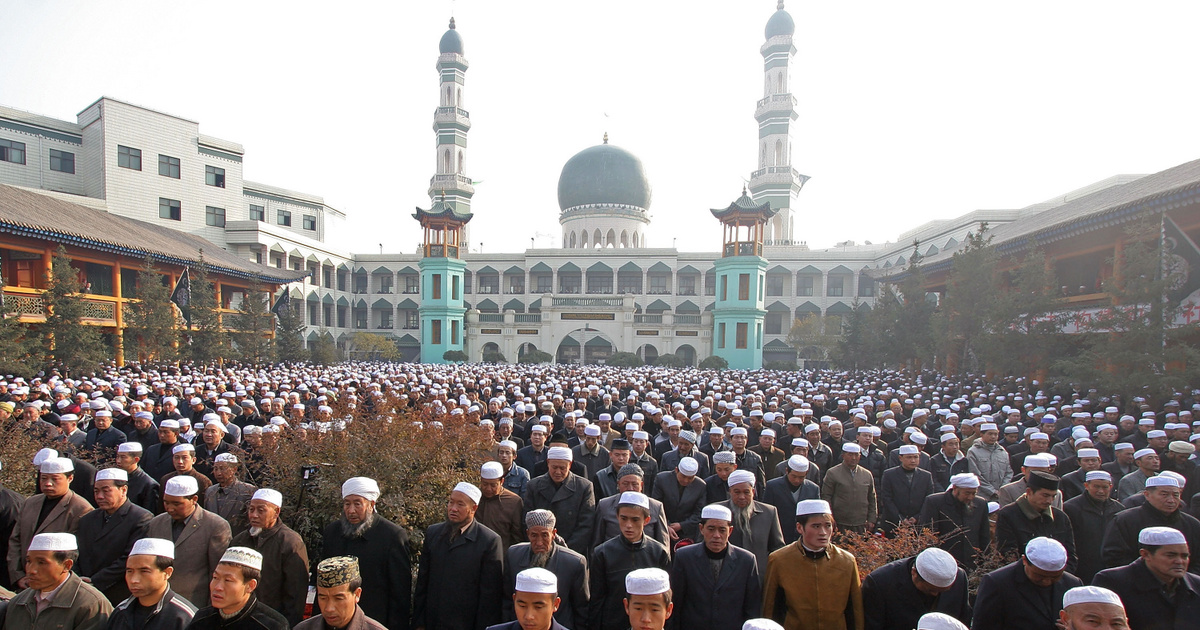According to Human Rights Watch, his actions are part of a “systematic effort” to suppress the practice of Islam in China. Although the country is officially atheist, it promotes freedom of religion and is populated by about twenty million Muslims. However, according to experts, organized religious practices have been increasingly suppressed in recent years, and Beijing is seeking greater control.
Collective measures
BBC before publishing the Human Rights Watch report I contacted the Chinese Ministry of Foreign Affairs And the Ethnic Affairs Committee to comment on the news.
The Chinese government’s closure, demolition and rebuilding of mosques is part of a systematic effort to suppress the practice of Islam in China.
– said Maya Wang, a Human Rights Watch expert.
This news comes in the wake of mounting evidence of systematic human rights violations against Uyghur Muslims in China’s Xinjiang region. In the Muslim-majority village of Liaoqiao in the Ningxia Autonomous Region, three out of six mosques were stripped of their domes and minarets, and the main prayer halls of other mosques were destroyed, according to Human Rights Watch. Satellite images obtained by Human Rights Watch show that the round dome of the mosque in Liaoqiao village was replaced by a Chinese-style temple between October 2018 and January 2020.
Since 2020, about 1,300 mosques in Ningxia have been closed or converted
Hannah Theker, a researcher on Chinese Muslim affairs, told the BBC. This number represents a third of the total mosques in the region.
Huik and Uyghur
Under the leadership of Xi Jinping, the Communist Party has tried to adapt religion to its political ideology and Chinese culture. Five years ago, the Party’s Central Committee published a document on the status of mosques.
The document said that more mosques should be demolished and fewer built, and the state must make efforts to reduce the number of these structures. Moreover, strict control should also be imposed on the construction, planning and financing of mosques.
China is home to two major Muslim ethnic groups: the Hui and the Uyghurs.
In 2018, authorities banned minors under the age of sixteen from participating in religious activities (let alone studying) in Linxia County, a city formerly known as China’s “Little Mecca.”
Before these measures, Hui Muslims had received support from the state in many ways, but the anti-Muslim campaign has radically narrowed the space in which and how a Muslim can live in China.












































